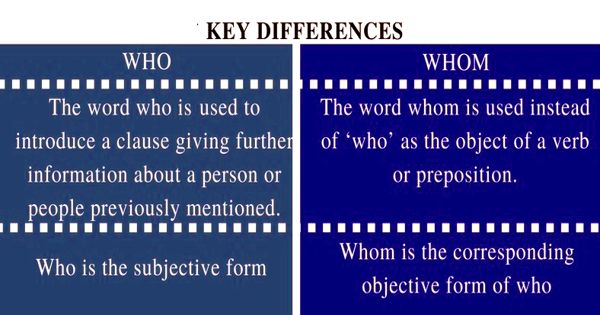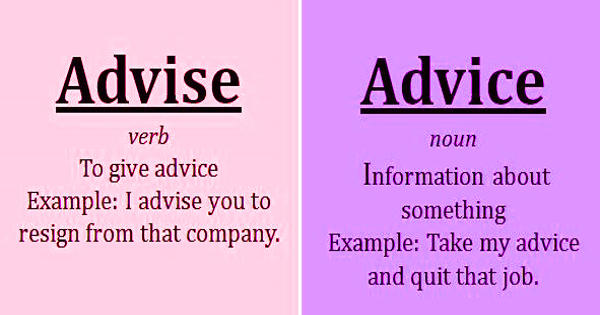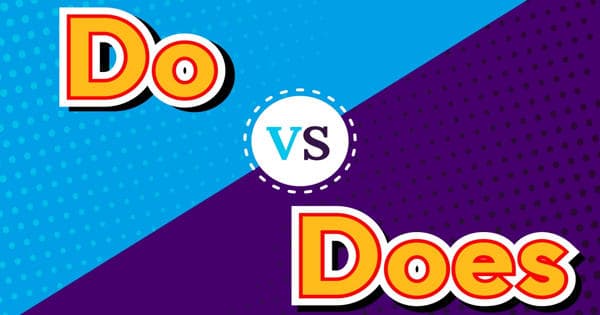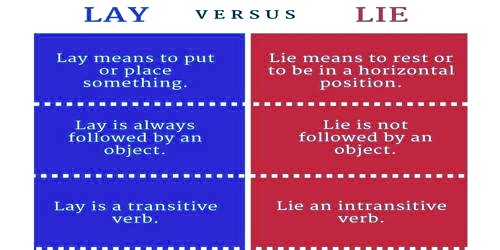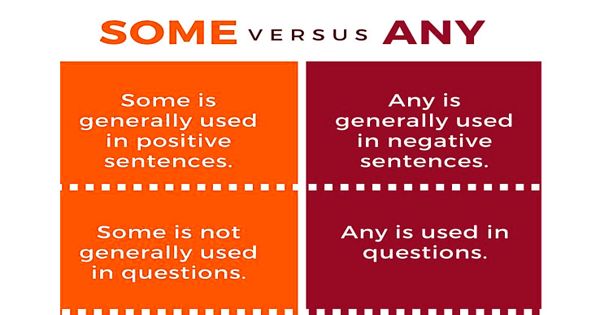The difference between ‘who’ and ‘whom’ is that ‘whom’ is used in the objective case, and who is used as a subjective pronoun. While we use ‘who‘, when we want to talk about the subject of a sentence, we use ‘whom‘ if we talk about the object of the verb. ‘Who’ should be used to refer to the subject of a sentence. ‘’Whom’’ should be used to refer to the object of a verb or preposition. Who and Whom are the class of wh-word, that is commonly used to ask questions or introduce a clause in a sentence.
The main object of using these two words in a sentence is to know about people or a person rather than things. The difference between ‘who’ and ‘whom’ is exactly the same as the difference between I and me, he and him, she and her, etc.
Difference between Who and Whom
WHO
- Who is used to describe, which person, i.e. the one who does the action? ‘Who’ is used as a subjective pronoun, i.e. it tells you about the subject of the verb.
- Who is an interrogative pronoun and is used in place of the subject of a question. e.g., Who is going?
- In English, we use the word who to ask questions about which person or people not for things or objects, i.e. to know about the subject of the verb. The subject refers to the person who performs an action, meaning that the subject is the doer of the action.
- The word ‘who’ is used to refer to which person or people, we are talking about.
- ‘Who’ can also be used in statements, in place of the subject of a clause.
- Examples: Who is coming with me to the pool party? Who likes burgers?
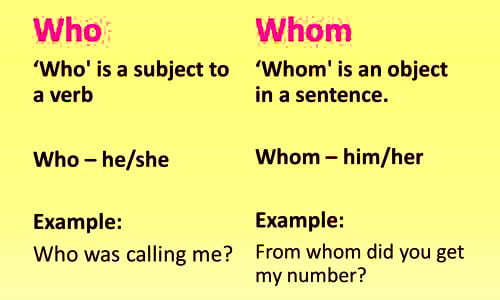
WHOM
- Whom is an interrogative pronoun, which also talks about the person who receives the action. ‘whom’ is an objective pronoun, that highlights the object of the verb
- ‘’Whom’ is also an interrogative pronoun, but it is used in place of the object of a question. E.g., Whom is this story about?
- Basically, who is nothing but the objective form of the word ‘who’, which is often used in the formal sense as an object of the verb? It tells you which person is receiving the action.
- ‘Whom’ is used when we talk about the person to which the action is directed.
- ‘Whom’ can be used in statements, in place of the object of a clause.
- Examples: Whom should I rely on this matter? Whom do you doubt?
